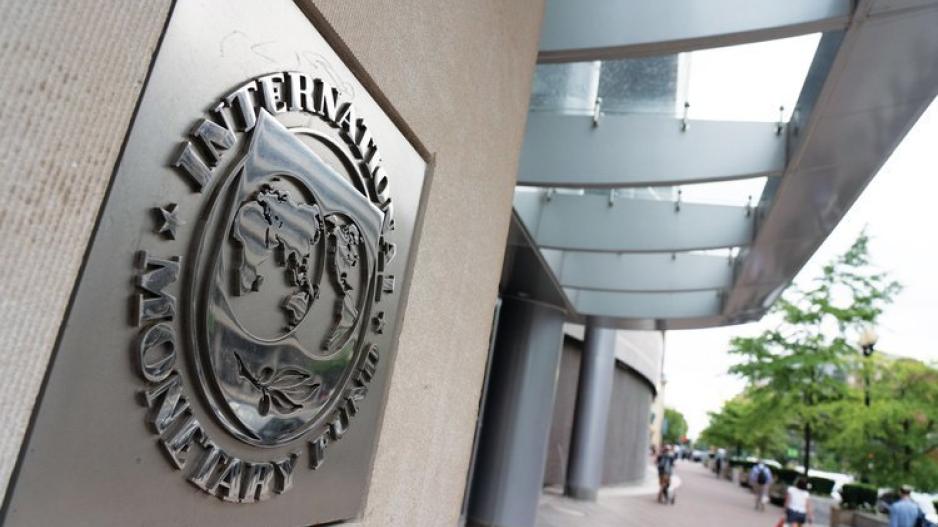Escalating Corporate Profits Are Fueling the Inflation Crisis, IMF Says
According to recent analysis by the International Monetary Fund (IMF), rising corporate profits have played a significant role in driving Europe's inflation over the past two years. As companies increased prices more than the escalating costs of imported energy, corporate gains accounted for nearly half of the overall inflationary surge. However, with workers now seeking pay raises to regain lost purchasing power, businesses may need to accept a smaller profit share to ensure that inflation remains on track to meet the European Central Bank's target of 2% by 2025.
The euro area experienced a peak inflation rate of 10.6 percent in October 2022, primarily driven by surging import costs following Russia's invasion of Ukraine. Companies passed on more than the direct increase in costs to consumers, contributing to the inflationary spike. Although inflation has since receded to 6.1 percent in May, core inflation, which provides a more accurate measure of underlying price pressures, has remained persistent. Consequently, the ECB faces pressure to raise interest rates further, despite the euro area slipping into a recession earlier this year. In June, policymakers raised rates to a 22-year high of 3.5 percent.
IMF's analysis, represented in the Chart of the Week, demonstrates that higher inflation in Europe has largely resulted from increased profits and import prices. Profits accounted for 45 percent of the price rises observed since the beginning of 2022, while import costs contributed approximately 40 percent. Labor costs, on the other hand, accounted for 25 percent of inflation, and taxes had a slightly deflationary effect. This indicates that businesses have been relatively shielded from the adverse cost shock compared to workers.
The analysis suggests that labor costs may play a more significant role in driving inflation in the future. Historical patterns indicate that wage gains tend to follow price shocks more slowly due to infrequent wage negotiations. However, following a 5 percent drop in real wages in 2022, workers are now advocating for higher pay. The crucial questions lie in the speed at which wages will rise and whether companies will absorb higher wage costs without further raising prices.

IMF's calculations project that nominal wages will rise at a pace of around 4.5 percent over the next two years, assuming labor productivity remains relatively stable. In this scenario, businesses' profit share would need to revert to pre-pandemic levels to achieve the ECB's inflation target by mid-2025. However, if wages were to increase more significantly, reaching the 5.5 percent rate required to restore real wages to their pre-pandemic level by the end of 2024, the profit share would need to decline to the lowest level since the mid-1990s.
Considering the analysis and the overall euro-area economy, the IMF emphasizes the importance of maintaining tight macroeconomic policies to anchor expectations and control demand. Such policies would encourage firms to accept a compression of the profit share, allowing real wages to recover gradually.






